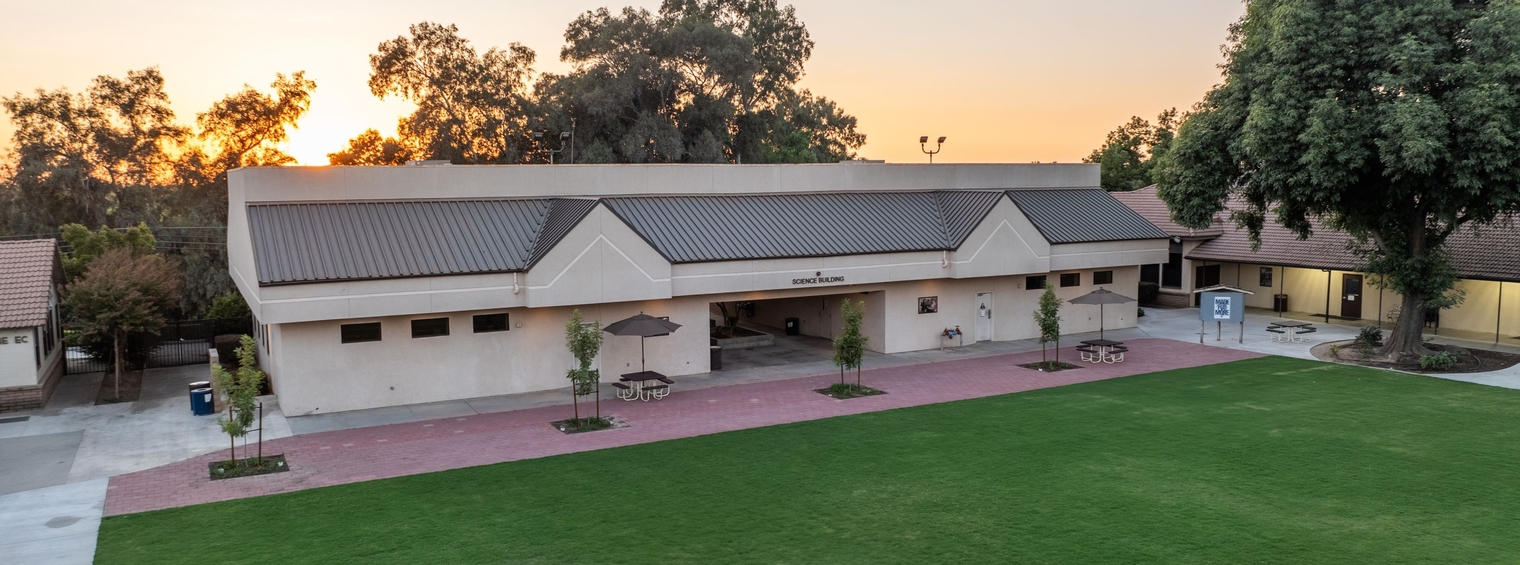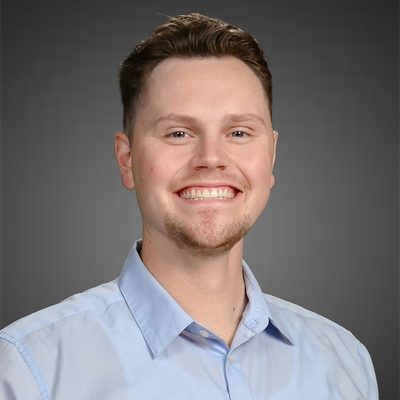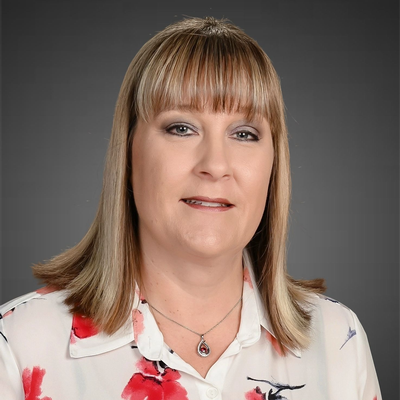Senior Dates and Deadlines
August
• Finalize your schedule, making certain that you have all the classes you need to graduate and to meet college entrance and NCAA (if applicable) requirements.
• Register for the SAT (SAT School Day will be in Oct.)
• Register for the September ACT if you plan to take it.
• Begin to finalize your college list.
• Apply for CSF if you qualified for 2nd semester of junior year. The deadline is the end of the third week of the semester.
September/October
• Pay attention to the college visit announcements at IHS.
• Attend College Fairs. Fresno hosts both a general college fair and a Christian college fair.
• Attend information sessions with college representatives who visit IHS.
• Write your college essay.
• Finalize your college list.
• Give teachers two weeks' notice to write letters of recommendation. Provide them with a resume and stamped envelope addressed to the school if the recommendation cannot be submitted electronically.
• Begin filing applications.
• Request transcripts from the Counseling Office.
• CSU applications may be filed from October 1 to November 30 at www.CSUmentor.edu.
• Register with the NCAA Clearinghouse if you plan to play sports in college at https://web3.ncaa.org/ecwr3/.
• Research and apply for scholarships in Naviance and at www.fastweb.com or www.cappex.com/scholarships. Check the scholarship bulletin link often for updated lists of scholarships.
• October 1 is the first day to file the FAFSA, which is required to receive any form of college financial aid. This also serves as the student application portion of Cal Grant (must be submitted prior to March 2).
November/December
• UC applications may be filed from November 1-30 at www.universityofcalifornia.edu/admissions.
• Observe all college application deadlines.
• Be sure all applications (scholarships, college, etc.) that are due during Christmas Break are submitted prior to break. You will not be able to reach teachers or the counselor during Christmas Break if you have forgotten to request letters of recommendation or transcripts.
• Send test scores to all schools to which you are applying. Official scores must be requested through the ACT or College Board websites.
• Continue completing community service hours and turn in your progress to Transeo.
• Continue to research and apply for scholarships.
January/February
• If applying to private schools, find out whether they require the CSS PROFILE supplemental financial aid form. Fees are required. Go to https://cssprofile.collegeboard.org/.
• Submit your CSF paperwork if you qualified with your first semester grades. The deadline is typically the end of the first three weeks of the semester.
• Rank your finalized list of colleges.
March/April
• Receive college admission notifications.
• Discuss your options with your family, teachers and counselor.
• Compare your financial aid packages: www.wiredscholar.com/deciding/award_comparison/ac_index.jsp.
• If you are wait listed, decide on your options.
• Return all paperwork on time, paying special attention to the May 1 deadline by which many colleges must have your decision and a deposit.
• Continue to apply for private and independent scholarships.
• Notify other schools that you will not be attending in May
• Deadline for responding to colleges for admission, financial aid and housing is May 1.
• Request that final transcript be sent to the college you will be attending.
• Notify the Counseling Office of which school you have chosen to attend and any awards or scholarships you have received.





